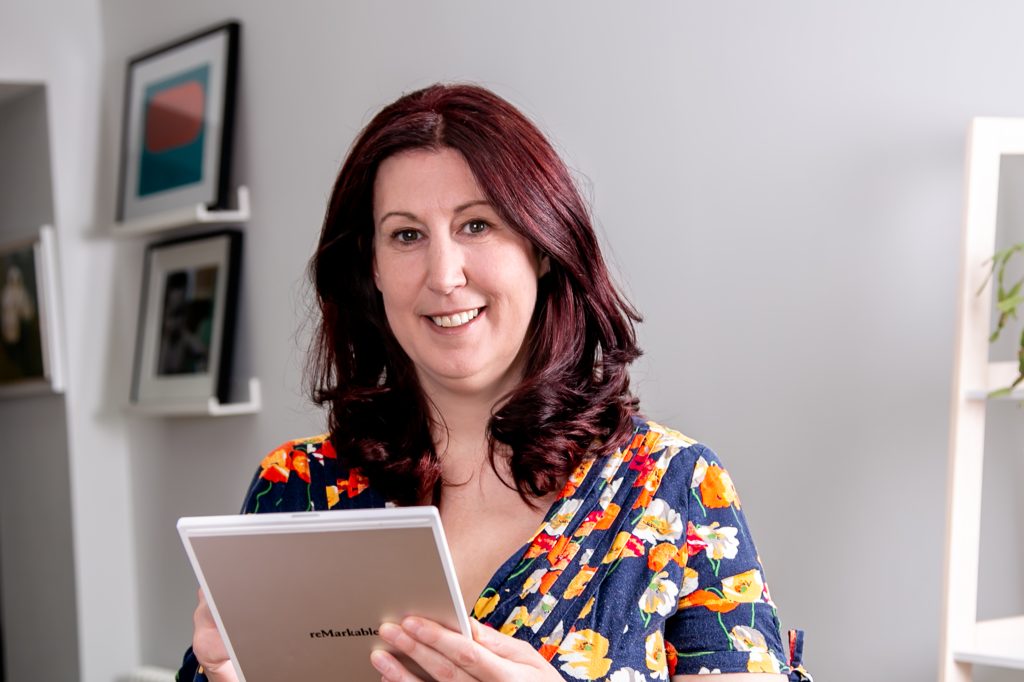A clean, well-presented home makes a lasting impression, whether it’s for a property viewing, a new tenant, or your own family’s comfort. As it is coming up to the busy Festive Season, here are some practical cleaning tips to keep you as sparkling as your tree!
The holidays are full of joy; however, they also bring extra guests, decorations, food, and, let’s face it, some mess. A bit of planning can help you stay on top of it without feeling overwhelmed.
Festive Cleaning Tips:
- Declutter Before Decorating:
Make space for decorations and gifts by clearing surfaces and storing away unnecessary items.
- Create a ‘Guest Ready’ Zone (this varies on the space you have in your home):
Keep a basket or hooks by the entrance for shoes, coats and bags, to avoid hallway clutter.
- Kitchen Organisation (the family can get involved in this one):
- Prep and clean as you cook
- Empty bins regularly to avoid odours
- Line trays and surfaces with baking paper or mats to make post-meal clean-up faster
- Daily Tidy Routine:
A quick 10-minute evening clean-up helps keep the home feeling fresh, even during busy hosting days.
- Protect Your Home:
Use coasters, table runners and floor mats, to minimise spills and damage from festive celebrations.
Pro Tip: Schedule a pre-Christmas deep clean and a post-holiday reset. This makes entertaining less stressful and helps the new year start on a fresh note.

About APS Cleaning Services
At APS Cleaning Services, we’re proud to be a family-run business based in South London, built on trust, reliability, and personal service. For the past five years, our reputation has grown through recommendations, referrals, and word of mouth, a true reflection of the care we put into every clean.
We believe that great cleaning starts with clear communication and a friendly approach. That’s why we provide a detailed end-of-tenancy cleaning checklist, giving you peace of mind that nothing is missed. And if something doesn’t go exactly to plan – whether a cleaner is running a little late or we notice an issue at the property – we’ll always be open and transparent with you.
Our services include:
- End-oftenancy cleaning
- One-off deep cleans
- Pre-Christmas deep cleans & post-holiday resets or parties
- Carpet cleaning
- Window cleaning
Whether you’re preparing a property for new tenants or getting your home sparkling for the festive season, our team is here to make the process smooth, stress-free, and reliable. Give our team a call on 07565 455836 or email us at info@associatedpropertyservices.com
Let’s get your property looking its best. APS does not cut corners, we clean them!












